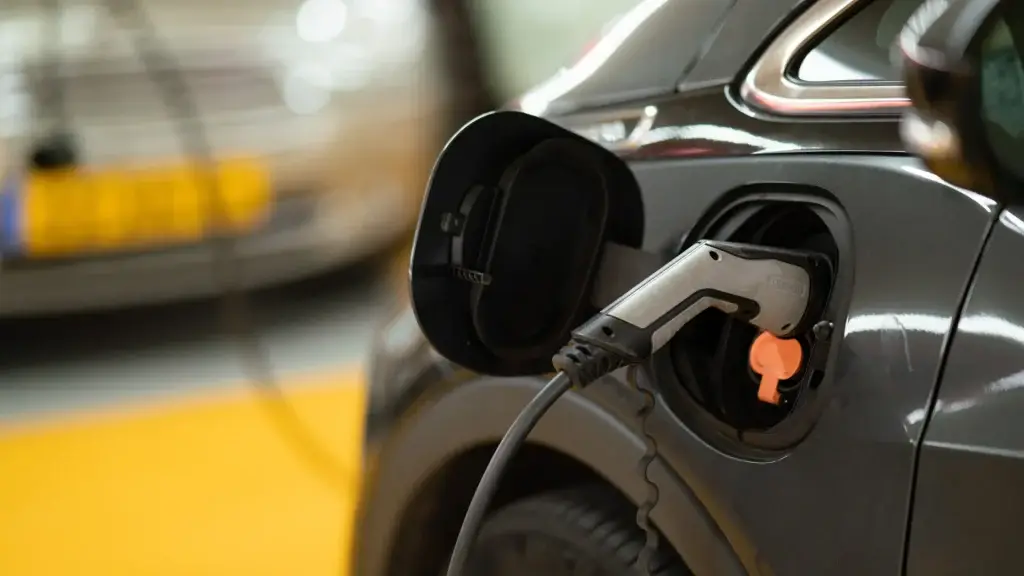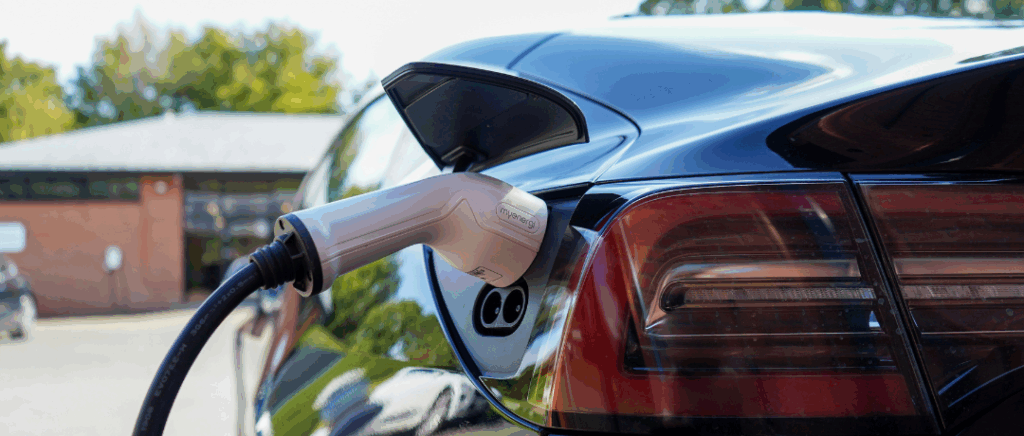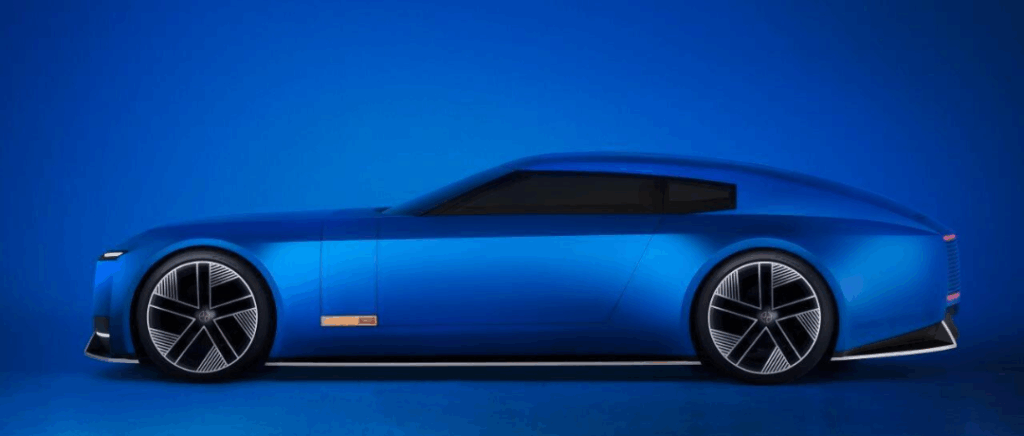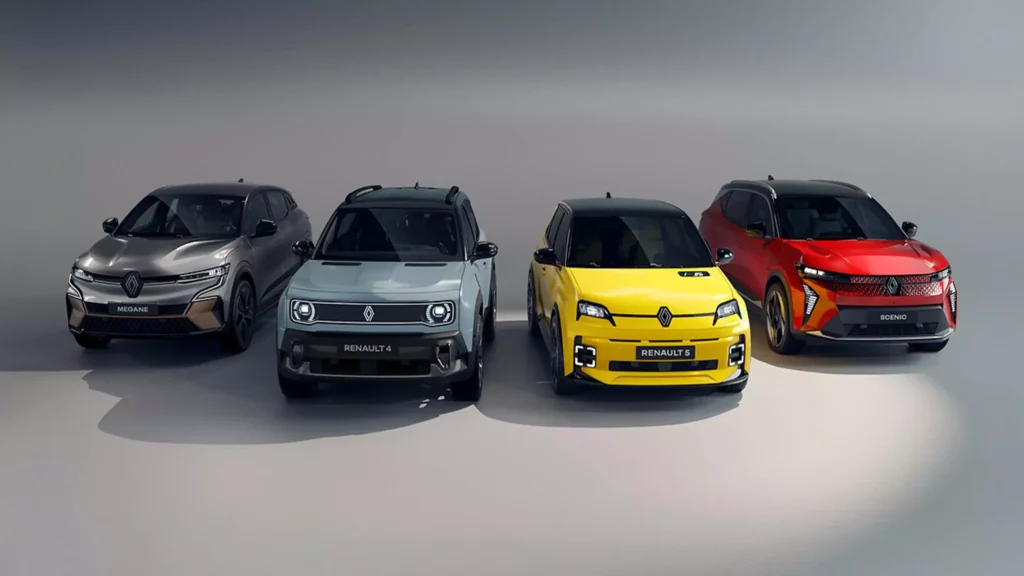Are electric cars profitable?
The electric car market
These days, more and more people are opting to buy an electric car. This type of vehicle has a number of advantages: it's pleasant to drive, produces little noise pollution and is more environmentally friendly than its internal combustion counterpart.
According to aAvere-France raised in June 2023, 230,743 electric and plug-in hybrid vehicles (cars and vans combined) registered between January and June 2023. This is a record figure for electric mobility, since in the same period in 2022, 162,794 vehicles were put on the road. Comparing these two periods, this represents an increase of 41.7 % in the automotive market.
Motorists are being encouraged to switch to electric cars, but you're still hesitant about the economics. In this article, we'll give you the low-down on the purchase price, maintenance costs, lifespan and fuel consumption of an electric car.
How much does an electric car cost?
One of the important criteria that most of us take into account is undoubtedly the purchase price. It's true that if you look at the cost alone, it's often more expensive than a petrol car. This is the first reason why many people are reluctant to take the plunge.
But thanks to grants and subsidies As a result, prices are becoming affordable, and will be even more so in a few years' time.
To buy a electric carYou can choose to have :
- A brand new electric car
- A used electric car
- Hire an electric car (leasing).
The purchase price will inevitably vary according to your situation and your budget.
Let's see what happens in these 3 cases:
Buying a new electric car
If you choose to buy a new electric car, you'll need to budget between €20,000 and €30,000, or even more if it's a premium vehicle. It all depends on the model of car, theautonomy and its power.
According to a study carried out by the UFC (L'Union Fédérale des consommateurs) Que-Choisir in June 2021, a new electric vehicle could save up to €1,750 over 4 years, compared with a petrol car. Which is rather good news, given the many grants and subsidies which we'll look at in more detail later.
Buying a used electric car
If buying a new car is too expensive for you, how about a second-hand electric car? It's another option, and a good way of getting a cheaper car.
The price of a used electric car would be between 20 % and 50 % lower, depending on the life of the car, the mileage covered and its overall condition. You should be aware that the price set by the hire company depends on the general condition of the car and the mileage covered.
Beev tip: before buying a vehicle, be sure to calculate the electric vehicle discount and check its condition and, above all batteryto avoid unpleasant surprises.
Read also: Top 10 best used electric cars
Leasing a car (LLD, LOA or LMD)
You can also hire a vehicle, also known as leasing. At BeevYou have three choices:
- Or lease the vehicle for a period and buy it at the end of the contract to become the owner (LOA),
- Rent an electric car for a long period (LLD): in this case, the vehicle is leased for a period of around 1 to 5 years,
- lease your electric vehicle by LMD (medium-term rental). This type of financing can be an interesting way to get started with electric cars, or to have a vehicle for a short period while you wait for your electric car to be delivered.
Read more: Should you buy your electric car under a leasing contract or a long-term leasing contract?
Discover several models of electric vehicles that can be delivered quickly!
What are the maintenance and running costs of an electric car?
To keep your car running smoothly, it's important to budget for the maintenance of your electric vehicle. Did you know thatmaintaining an electric vehicle more cost-effective than a diesel or petrol car? Let's find out.
Electric cars: cost-effective maintenance
To increase the life span of an electric car as long as possible, it's essential to look after it.
Regardless of the type of vehicle, the older it gets, the more worn out the parts will be.
Apart from the parts that need changing, it's worth pointing out that the cost of maintaining an electric car is around 35 % less than a conventional car. This is due to the mechanical system of an EV. Unlike an internal combustion engine, an electric car has no wearing parts such as :
- The timing belt
- Drain
- Air filter
- Changing spark plugs
With no wearing parts to repair or replace regularly, visits to the garage are less frequent, reducing maintenance costs.
The only maintenance costs are :
- Brake pads
- The battery
- Tyres
- Shock absorbers
- Brake fluid
- Cooling fluid
- Windscreen washer
As far as the cost is concerned, it's worth pointing out that after 5 years of use, the cost of maintaining an electric car is much higher. The average annual cost is no more than €800.
To find out more:
Cost of owning an electric car
A study carried out by theUFC Que-choisirreveals the profitability of an electric vehicle. And it doesn't just stop at the purchase price. Instead, UFC Que-Choisir based its analysis on the cost of ownership, which covers all the costs associated with an electric vehicle: purchase price, resale price, energy consumed and maintenance, insurance).
For this study, UFC Que-Choisir took the view that, in general, a car has an average of 3 life cycles:
- Over a 4-year period: the owner of a car (electric, hybrid or combustion) can drive around 16,600 km a year. If we look at the cost of ownership for an electric car, the amount will be approximately €7,275, i.e. €1,750 less than for internal combustion cars,
- Over 5 years: with an odometer reading of 13,500 km per year, the cost of owning a thermal vehicle is €4,600, or €960 more than for an electric car,
- Over 7 years: for a car travelling 11,500 km a year, the cost of owning an electric car is €2,470, compared with €3,660 for a petrol car.
Just by looking at the first life cycle, we can already see a big difference in the cost of ownership between an electric and a combustion car.
That's why the mistake to avoid making is to focus on the purchase price of an electric vehicle. The right thing to do is to consider all the costs involved in buying an electric car.
What savings can an electric car make?
It's true that buying an electric car requires a significant investment, but the advantages and savings that this vehicle offers are often overlooked. There are several ways of encouraging drivers to buy an electric car.
Government grants and subsidies
You've no doubt heard of the many forms of government assistance available. If you're interested in buying an electric vehicle, you should know that the government can provide you with financial support. Let's take a look at the grants to which you are entitled:
- Ecological bonus Electric Vehicle Bonus: this is a subsidy that enables private individuals and businesses to buy a new, used or leased electric vehicle at a lower cost. The amount of the bonus depends on your profile (private or professional) and the price of the vehicle. Since 1 January 2022 and until now, the amount of the bonus is €6,000, but from 1 January 2023, the amount will be €5,000 for private individuals and €3,000 for professionals.
- Conversion premium It allows you to trade in an old vehicle, in return for a premium granted to professionals and private individuals. This allowance can also be used to buy a new or second-hand electric vehicle. The amount of the conversion allowance depends on the status of the household (taxable or non-taxable) and can be as much as €5,000.
There are a number of points to consider if you want your vehicle to be taken back:
- The vehicle must not weigh more than 3.5 tonnes.
- It must be registered in France and the vehicle must belong to the person claiming the conversion premium.
- Your car's insurance contract must not have been valid for at least one year before it was handed in for destruction.
The aids mentioned above are national aids. In addition, you can also benefit from local aids depending on the region.
Discover the electric cars available from Beev
CO2 savings
Unlike a combustion engine car, the use of a electric car saves CO2 and is one of the solutions for reducing your carbon footprint. carbon footprint.
In terms of the production of an electric car, the cost in terms of CO2 is higher, particularly with its battery. lithium-ion. Manufacturing alone emits a total of almost 7 tonnes of CO2, unlike the electric car, which only emits around 3 tonnes of CO2.
However, in the long term, using an electric vehicle would emit less carbon dioxide. According to the NGO Transport & Environmenta carbon footprint was carried out to compare the CO2 emissions generated by electric and internal combustion vehicles.
The same study also shows that at any given point of production and use, the the electric car is still the vehicle with the lowest greenhouse gas emissions :
- If the battery is manufactured in China and driven in Poland, the study reveals that electric cars emit 22 % less CO2 than diesel and 28 % less than a petrol car.
- On the other hand, if the battery is manufactured and driven in Sweden, its production can emit up to 81 % less CO2 than a diesel or petrol car.
These figures clearly show that switching to an electric car considerably reduces air pollution and helps to protect the environment.
Fuel savings
Did you know that recharging an electric car is cheaper than using fuel?
Since the end of 2021, fuel prices have been on the rise. Today, to fill up with fuel, you need to spend at least €1.70 a litre for a diesel car and €1.80 a litre for a car using SP95.
Whereas for an electric car travelling the same distance, the average charge is €2 for electricity, and during off-peak hours the price may be below average.
And so, charging an electric car costs 3 to 4 times less than the price of fuel. To recharge, you can go to a car park with self-access charging points, or to supermarkets or petrol stations. You can also recharge from home. In the latter case, you can benefit from assistance such as :
- La Advenir premium A scheme to finance the installation and supply of recharging points
- Crédit d'Impôt pour la Transition Écologique (Ecological Transition Tax Credit): this tax credit helps reduce bills for insulating equipment or housing.
Profitability of electric cars: the car registration document
The government has also introduced another financial incentive for future electric car drivers: the car registration document at a reduced price.
The procedures for applying for a vehicle registration document are the same for electric and internal combustion vehicles.
The vehicle registration document is subject to tax horse and this varies from region to region. 4 taxes and a fee will be applied to this price per taxable horse:
- Regional tax
- Tax on polluting vehicles according to CO2 level (ecologic malus)
- Vocational training tax: this applies to commercial vehicles
- Fixed fee to cover management costs
- Delivery charge of €2.6 for sending the registration certificate by post
In the case of an electric car, the price of the fiscal horse is not taken into account when determining the total cost of the vehicle registration document. As a result, electric cars will not be subject to the ecological penalty, since they are fuel-efficient vehicles. Zero emissions. This criterion is advantageous and the cost is lower than that of an internal combustion car, which emits an average of 40g of CO2 per km.
To find out the exact cost of your car, contact your local préfecture or request a quotation directly. simulating your vehicle registration certificate.
Is it profitable to convert a combustion engine car to electric power?
If you wish, you can also convert your combustion engine car into an electric car. All you have to do is remove the original mechanism and replace it with a battery and an electric motor: this is known as "retrofitting".retrofit".
Of course, this conversion must be carried out by a professional. To carry out the retrofit, you need to check that your vehicle is eligible. You can also retrofit vehicles other than cars:
- Category L: motorbikes, mopeds and small three- or four-wheeled vehicles
- Category N : commercial vehiclessuch as lorries and vans.
- Vehicles over 5 years old: according to some manufacturers, more recent models can also be retrofitted. However, vintage vehicles and agricultural vehicles are not eligible for this conversion.
In conclusion
To sum up, in the short term, buying an electric car represents a significant investment, with insurance costs added into the budget. However, in the long term, with the development of electric mobility, the constant optimisation of vehicle performance and the financial support provided by the State, the purchase of an electric car pays for itself.
Finally, given that by 2035 diesel and petrol cars will be banned from production and saleelectric cars will be more than necessary and essential for free movement.
































